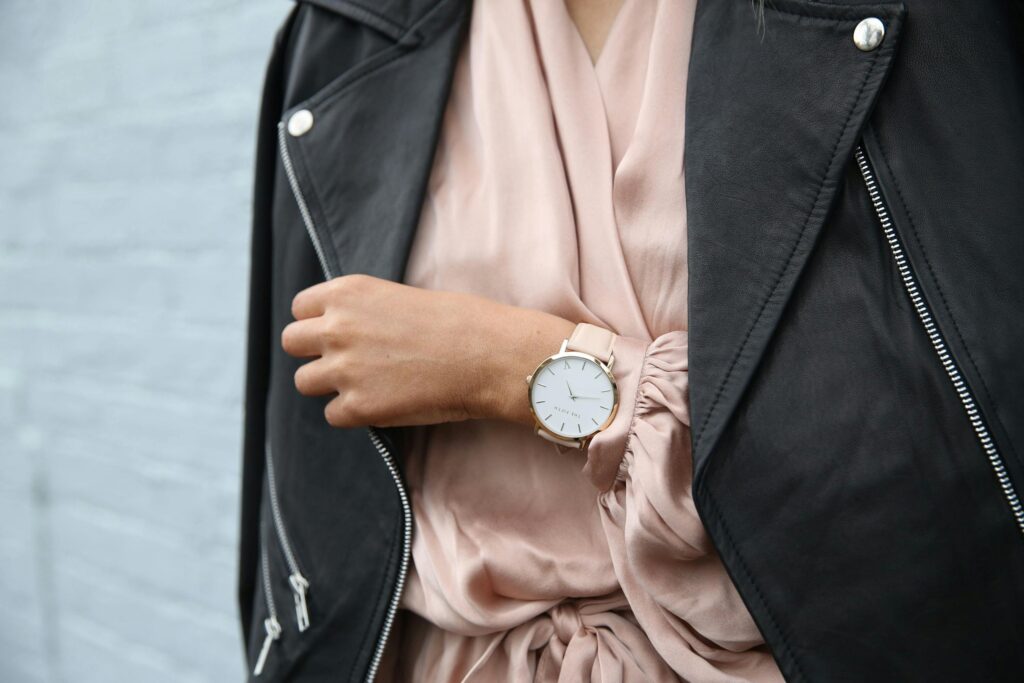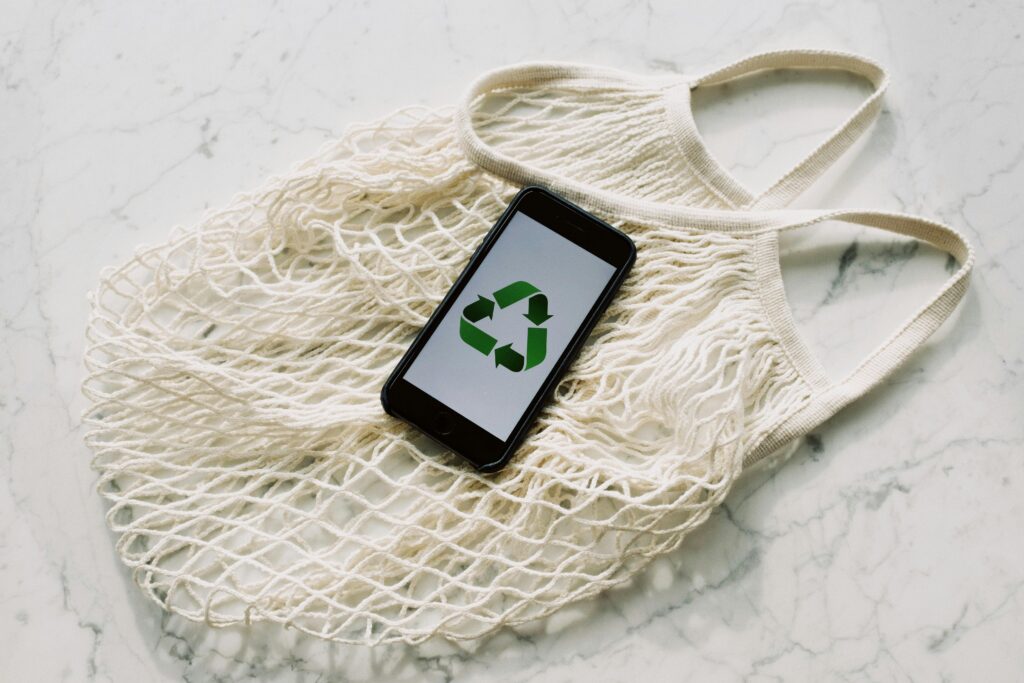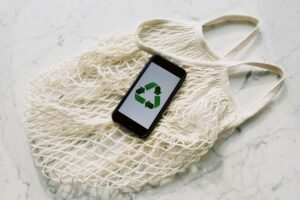In recent years, the fashion industry has undergone a seismic shift driven by a growing wave of ethical consumerism. As consumers become increasingly aware of the environmental and social impact of their purchasing decisions, they are demanding greater transparency and accountability from fashion brands. This paradigm shift has catalyzed the rise of sustainable fashion, prompting brands to rethink their practices and embrace ethical principles. In this blog, we will explore how fashion brands are responding to the call for sustainability, examining innovative practices, challenges, and the future of ethical fashion.
The Rise of Ethical Consumerism
Ethical consumerism is more than a passing trend; it represents a fundamental change in how consumers approach their purchasing decisions. Today’s consumers are not only concerned with the quality and style of their clothing but also with how it was produced. They are increasingly choosing brands that align with their values, such as environmental conservation, fair labor practices, and cruelty-free production.
The rise of ethical consumerism can be attributed to several factors. Increased awareness of climate change, environmental degradation, and social inequality has heightened scrutiny on industries like fashion, known for their significant environmental and social footprints. Documentaries such as “The True Cost” have shed light on the hidden costs of fast fashion, catalyzing a global conversation about the need for change.
Brands Embracing Sustainable Practices
In response to this shift, numerous fashion brands are adopting sustainable practices. These efforts span various dimensions of the fashion supply chain, from sourcing materials to manufacturing processes and end-of-life product management.
Material Sourcing
One of the primary areas where brands are making changes is in their choice of materials. Traditional fabrics like cotton and polyester often have a substantial environmental impact due to their resource-intensive cultivation and production processes. In contrast, sustainable brands are turning to eco-friendly alternatives such as organic cotton, recycled polyester, and innovative materials like mushroom leather and hemp. These materials reduce reliance on non-renewable resources, minimize waste, and lower the carbon footprint of fashion products.
Ethical Manufacturing
Sustainable fashion brands are also focusing on ethical manufacturing practices. This includes ensuring fair labor conditions, providing livable wages, and fostering safe working environments. Certifications such as Fair Trade and the Global Organic Textile Standard (GOTS) help consumers identify brands that adhere to ethical labor practices. Brands like Patagonia and Stella McCartney have been at the forefront of these efforts, setting high standards for transparency and ethical conduct in their supply chains.
Circular Fashion
Circular fashion is another innovative approach that addresses the end-of-life phase of garments. Instead of following the traditional linear model of “buy, use, dispose,” circular fashion promotes recycling, upcycling, and second-hand consumption. Brands are implementing take-back schemes, where customers can return old garments for recycling or refurbishment. Additionally, the rise of clothing rental services and second-hand marketplaces reflects a growing acceptance of the circular economy within the fashion industry.
Challenges and Criticisms
While the movement towards sustainable fashion is promising, it is not without its challenges and criticisms. One major concern is the authenticity of sustainability claims. The phenomenon of “greenwashing,” where brands make superficial or misleading claims about their sustainability efforts, can undermine consumer trust and hinder genuine progress. To combat this, third-party certifications and transparency are crucial in ensuring that brands’ claims are substantiated.
Another challenge is the higher cost associated with sustainable practices. Eco-friendly materials and ethical manufacturing processes often come at a premium, which can be reflected in the price of the products. This can limit accessibility for some consumers and create a perception that sustainable fashion is a luxury rather than a norm.
The Future of Sustainable Fashion
Looking ahead, the future of sustainable fashion will likely involve a deeper integration of technology and innovation. Advances in textile recycling, biodegradable materials, and digital fashion could revolutionize how we think about clothing production and consumption. Brands will need to continue evolving and adopting new practices to meet the growing demand for sustainability and stay ahead in an increasingly competitive market.
In conclusion, the response of fashion brands to ethical consumerism marks a significant step towards a more sustainable and responsible industry. As consumers continue to prioritize values over mere aesthetics, brands that embrace and commit to genuine sustainability will lead the way in shaping the future of fashion. The journey towards sustainable fashion is ongoing, but the collective efforts of brands, consumers, and industry stakeholders offer hope for a more ethical and environmentally-conscious fashion landscape.










